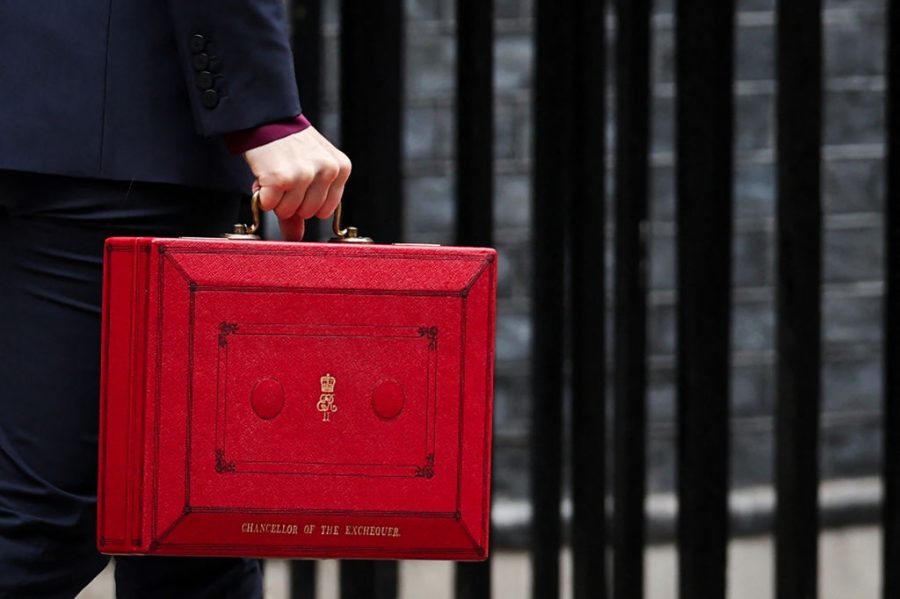What’s the most idiotic question ever posed by an interviewer? There was the real-life Sally Jockstrap who asked David Gower whether he considered himself a batsman or a bowler. Or the Radio 1 DJ who asked Marc Almond – at the height of his fame with Soft Cell – whether he was going steady with a girl. But my nomination goes to Anna Foster on the Today programme this morning. In the midst of an interview with economist Mohamed El-Erian about Britain’s dire fiscal state, she suddenly posed: ‘Would raising taxes at this stage, would that help growth?’
I had to listen back on the catch-up facility to check that she really had said these words, but there it was loud and clear. A BBC presenter really does apparently believe that extracting more tax from the pockets of individuals and businesses might actually encourage them to spend more and increase economic activity. El-Erian is nothing if not polite, but even he could scarcely conceal his mirth. “Unfortunately, no, it will not help growth,’ he replied. I got the impression, however, that if Foster had been a fresher in economics at Queen’s College, Cambridge, where El-Erian is president, he would be having a quiet word with the admissions tutor.
We are increasingly governed by people who seem to believe that tax rises are an economic cure-all
It might be inevitable that Rachel Reeves has to raise taxes in the Budget in order to stave off a run on UK government bonds. She is going to have to balance the risk of a bond rout against the depressing effect of tax rises. Some tax rises would be more harmful to growth than others – with possibly none so negative as what Reeves did last year in ratcheting up employers’ National Insurance contributions.
Some might argue that fairness is more important than economic growth, so what the hell if GDP grows a little more slowly? You can argue that tax rises are essential to stave off an economic collapse which would come with a sovereign debt crisis. But the idea that taxing people could, in itself, have a positive effect on economic growth betrays a mindless, economically-illiterate strand of leftism that seems to have become embedded in a fair part of the Labour party and the Left in general.
Foster, I fear, is not alone. We are increasingly governed by people who seem to believe that tax rises are an economic cure-all. Reeves is now being advised by Torsten Bell, a former think-tanker who is brimming with ideas – almost every one of them, sadly, some new tax. Keir Starmer, seemingly untrustful of his Chancellor, this week appointed his own economic adviser, Minouche Shafik. What was the point of that when she is almost of the same mind as Bell – her background, too, is the Resolution Foundation.
We have a yawningly long time until the Budget on 26 November. Businesses face a long period of uncertainty while they weigh up what could lie in store for them and what strategies they might have to employ in order to limit the damage. But the idea that a likely £20 billion tax hit could improve their output and profits deserves derision. The only businesses cheering will be those involved in tax planning and international removals.







Comments